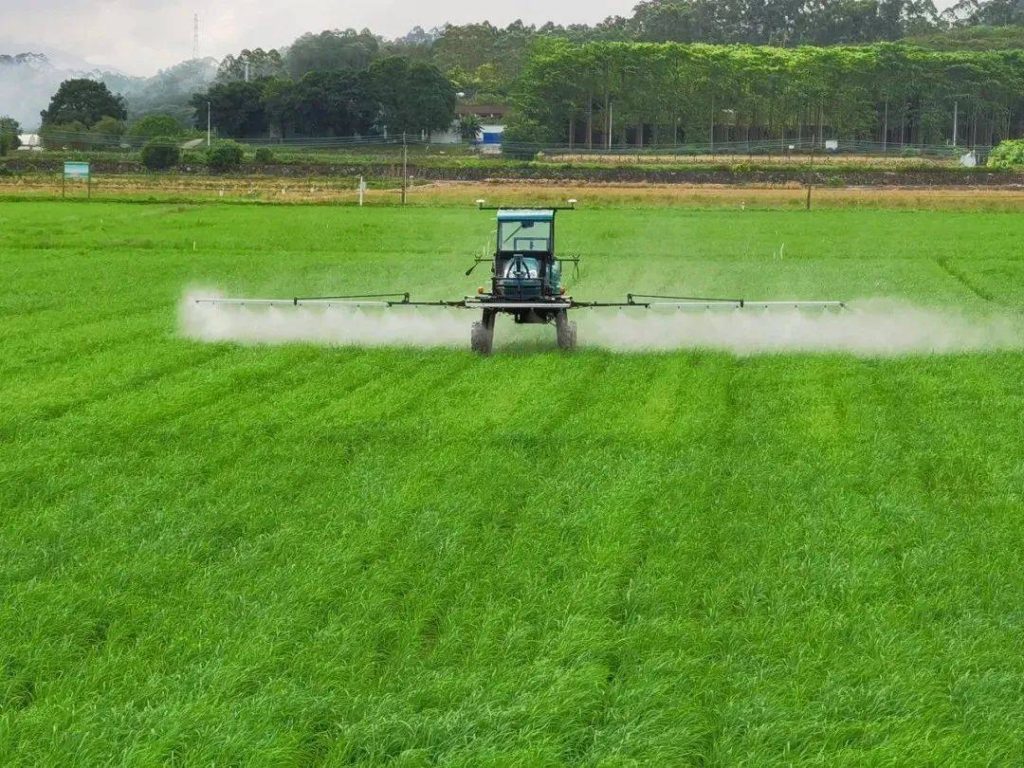Agriculture, often considered one of the most traditional industries, is undergoing a modernization revolution with the integration of agricultural drones. These unmanned aerial vehicles (UAVs) equipped with advanced sensors, cameras, and data analytics capabilities are transforming the way farming is practiced. From optimizing crop management to enhancing environmental sustainability, agricultural drones are at the forefront of innovation in agriculture.
Here’s how agricultural drones are changing the farming landscape:
-
Precision Agriculture: Agricultural drones collect precise data on soil conditions, crop health, and moisture levels. This information empowers farmers to make data-driven decisions regarding irrigation, fertilization, and pest control. The result is improved resource efficiency and higher crop yields.
-
Crop Monitoring: Drones equipped with high-resolution cameras and multispectral sensors monitor crops with incredible detail. They can identify early signs of stress, diseases, and nutrient deficiencies, allowing farmers to take timely corrective actions.
-
Efficient Crop Spraying: Traditional crop spraying methods are often wasteful and imprecise. Agricultural drones equipped with spraying systems deliver pesticides and fertilizers with precision. This targeted approach reduces chemical use, minimizes environmental impact, and lowers costs.
-
Livestock Management: Drones are not limited to crop management; they also aid in livestock monitoring. They provide real-time insights into the health and behavior of animals, ensuring their well-being and optimizing farm management.
-
Data-Driven Insights: The data collected by agricultural drones is a goldmine for farmers. Advanced analytics tools process this data to provide actionable insights. Machine learning algorithms analyze historical data to predict crop performance and recommend optimal practices.
-
Sustainability: Sustainable farming practices are essential for the future. Agricultural drones contribute to sustainability by reducing resource wastage, chemical use, and environmental impact. They align farming with eco-friendly principles.
-
Disaster Response: Drones play a crucial role in assessing damage during natural disasters like floods and wildfires. They enable rapid disaster response, aiding in insurance claims and disaster recovery efforts.
-
Accessibility: As technology evolves, agricultural drones are becoming more accessible to farmers of all scales. This democratization of technology ensures that the benefits of drones are not limited to large commercial farms.
Agricultural drones are not merely a trend but a transformative force in modern agriculture. Their ability to provide real-time data, enhance precision, and promote sustainability is reshaping the industry. As the world faces the challenges of feeding a growing population while protecting the environment, agricultural drones offer a promising solution for the future of farming.







Please sign in to comment
register